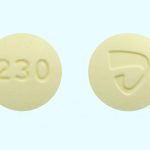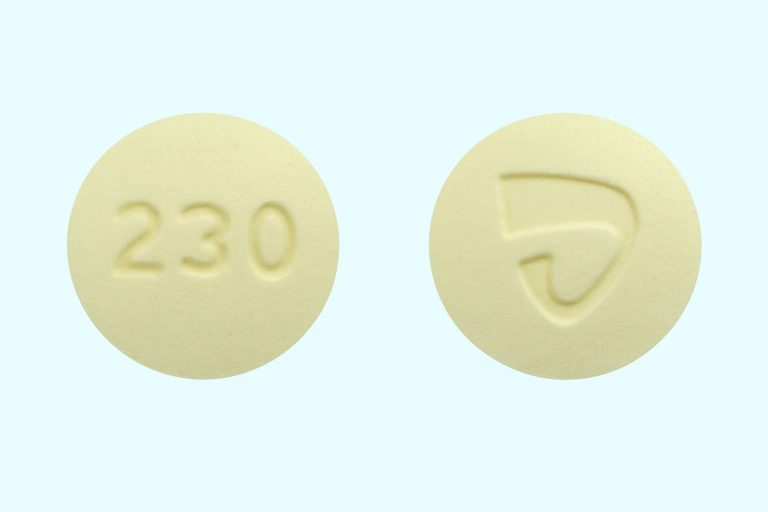In 2015, over 20 million Americans over 12 had a substance use disorder. And the shocking and unfortunate fact is only about 10% of these people receive treatment for their addictions.
If you’re struggling with substance abuse and don’t want to be in the majority of people who don’t seek treatment, then you’re already doing yourself a huge favor. Checking yourself into rehab can turn your whole life around.
While you have 2 choices for treatment, when it comes to inpatient vs. outpatient rehab, the first option is better. Are you wondering why? Then read out to find out.
What’s the Difference Between Inpatient and Outpatient Addiction Treatment?
Inpatient rehab means you live at the facility for a set period. You get 24/7 support, a structured daily schedule, on-site medical care, and a sober environment.
Outpatient rehab lets you live at home while attending scheduled therapy and medical visits. It can range from a few hours a week to intensive outpatient programs with multiple sessions per week.
Key difference: inpatient changes your environment and routine; outpatient fits treatment around your current life. The right choice depends on your substance, stability at home, medical needs, and risk of relapse.
Pros of Inpatient Rehab
Inpatient rehab is where you check in for a certain period of time to fully immerse yourself in recovery. This means you’ll basically live at the facility for the duration of treatment.
So what other benefits of inpatient rehab will you enjoy? What gives this type of treatment an edge on outpatient treatment? Here are some benefits you should know about.
You Can Get Help With Detox
Detoxing from substances can be one of the hardest things you do in your life. Not to mention, it can also be dangerous in some cases.
Many inpatient rehab facilities offer detox programs as the first step to your time in recovery with them. You’ll have round-the-clock care from medical professionals who will keep you from relapsing during such a critical time. Not only that, but they have the authority to prescribe you medications to make withdrawal symptoms safer and more comfortable (if needed).
In the case of alcohol addiction, these medical professionals can also put you on a safe tapering plan. That way, you can avoid serious and potentially fatal withdrawal symptoms.
Considering that withdrawal can be the hardest hump to get over for many people, having professional help for detox can dramatically boost their chances for success.
No Distractions From Recovery
If you try to get sober on your own, or you go to outpatient rehab, the reality is that you’ll have so many everyday distractions in your life. It can be as innocent as having to take care of your children or as sinister as interacting with your “friends” who encourage you to use drugs and/or alcohol with them.
Inpatient rehab offers you a sober environment that’s stable so you won’t have to worry about temptation.
Get Structure in Your Life
For some people, their struggle with addiction is due to a lack of structure in their lives. Being in rehab 24/7 can give you some structure and a sense of routine, which can make it easier to stay sober.
In addition to structure, you can also get some purpose to your daily life.
Participation in Unique Experiences
With outpatient treatment, you’ll miss out on many unique experiences since you’re in rehab on a part-time basis. If you’re in rehab 24/7, then you’ll have more opportunities to participate in things like adventure therapy.
These experiences are vital for recovery since you’ll learn to heal on a holistic level. Not only will you break addiction in a physical sense, but you’ll also break free from it in mind and spirit. Holistic and adventure therapies will offer you ways to learn about yourself and grow to be a better person.
Receive Immediate Care
Because you’re in a facility with 24/7 medical care, should anything happen, you’ll get immediate attention. This includes if you have sudden intrusive thoughts. Whether you have a mental or physical health condition that suddenly gets worse, you can count on the expert staff to help you out promptly.
If you’re someone who has many comorbid conditions with your substance abuse disorder, then inpatient treatment will benefit you much more than outpatient treatment would.
Have a Better Chance at Recovery
In general, success rates are higher with inpatient rehab. This is thanks to all the above factors, which you wouldn’t necessarily get in outpatient treatment.
For instance, if you have a bad home environment, outpatient rehab might not be a good choice. Even if you attend rehab regularly, you still might be tempted by circumstances or people in your home environment, which can cause you to relapse more easily.
Inpatient vs Outpatient Rehab Success Rates: What Really Drives Outcomes
Programs don’t create success on their own. Fit does. Inpatient tends to help when triggers are strong, home isn’t stable, or medical and psychiatric needs are high. Outpatient works best when you have strong support at home, reliable transportation, and low acute medical risk. Look for evidence-based care either way: medication when appropriate, licensed clinicians, relapse-prevention planning, and aftercare.
Cost of Inpatient vs. Outpatient Rehab
Inpatient usually costs more because it includes lodging, meals, 24/7 staffing, and on-site services like detox. Outpatient costs less since you sleep at home and attend scheduled sessions. Your actual cost depends on insurance coverage, network status, length of stay, medications, and extras like adventure therapy. Ask for a benefits check, itemized estimates, and financing options before you enroll.
Inpatient vs Outpatient Alcohol Rehab: When Inpatient Makes Sense
Alcohol withdrawal can be dangerous. If you drink heavily daily, have a history of seizures or delirium tremens, or lack stable support at home, inpatient alcohol rehab is safer because medical teams can taper you and treat complications. If your use is moderate and you have safe support, outpatient alcohol rehab with medical monitoring may be enough.
Inpatient vs Outpatient Drug Rehab: Matching Care to Substance and Severity
Opioids: inpatient helps through early withdrawal and stabilization; medication-assisted treatment is critical in either setting. Stimulants: inpatient can reduce exposure to triggers and provide intensive therapy; outpatient may work with strong support. Benzodiazepines: tapering often requires close medical supervision, so inpatient is frequently recommended.
Cons of Inpatient Rehab
It’s true that inpatient rehab comes with quite a few pros. But what about the cons?
For one, inpatient treatment is more expensive than outpatient. This is because the facility has to accommodate your stay, which includes lodging, food, and use of the facilities. But if money is of no object to you, or you feel like it’s worth spending extra for the higher inpatient rehab cost, then it’s definitely the better choice.
Another drawback of inpatient rehab is you’ll have to be gone for a good chunk of time, which can be disruptive to you and your family’s lives, as well as any other obligations like work. However, with some advanced planning, it’s certainly possible to arrange for everything to be taken care of before you set off for inpatient rehab.
As you can see, there aren’t many cons compared to the pros of this type of rehab. This makes it a much better choice.
How to Choose Between Inpatient and Outpatient Rehab
Choose inpatient if you have high relapse risk, unsafe housing, severe withdrawal risk, multiple relapses, or co-occurring medical or mental health issues. Choose outpatient if you have stable housing, strong support, lower medical risk, and work or family obligations you must maintain. Either way, commit to aftercare such as support groups, therapy, and medication when indicated.
Ready to Start? Talk to a Rehab Professional Today
When it comes to inpatient vs. outpatient rehab, inpatient treatment is often the optimal option for the reasons above. While it has some drawbacks, the benefits can outweigh them for many people.
So take the first step in your journey to sobriety. Reach out and see what a rehab center can do for you.
If you would like more information about inpatient rehab, then contact us today. We’ll help you get started on recovery if you feel like you’re ready for it.













